Religious Education (RE)
RE- Statement of Curriculum Intent
"Be faithful in small things because it is in them that your strength lies." - Mother Teresa
At All Cannings School, our ambition is to promote and develop pupils’ personal, spiritual, moral, social and cultural development Our learning in RE makes a difference by giving our children a secure understanding of the knowledge and concepts surrounding religion and ethics, enabling them to fully contribute as members of our Christian community and to develop positive attitudes to cultures and beliefs which vary from their own.
Through our Religious Education curriculum we provide learners with knowledge and understanding of Christianity and other principal world religions and develop their understanding of the ways in which beliefs influence people in their behaviour, practices and outlook.
We achieve this by providing a rich, diverse curriculum underpinned by our school’s Christian values of Wisdom, Generosity, Koinonia, Compassion, Peace and Joy and linked by our Golden Threads. This enables every member of the school community to recognise and show that learning makes a difference.
RE 2023-24
Implementation
We are guided by the document ‘RE Statement of Entitlement for Church Schools’ (February 2019), which has the following aims and objectives:
- To know about and understand Christianity as a diverse global living faith through the exploration of core beliefs using an approach that critically engages with biblical text.
- To gain knowledge and understanding of a range of religions and worldviews appreciating diversity, continuity and change within the religions and worldviews being studied.
- To engage with challenging questions of meaning and purpose raised by human existence and experience.
- To recognise the concept of religion and its continuing influence on Britain’s cultural heritage and in the lives of individuals and societies in different times, cultures and places.
- To explore their own religious, spiritual and philosophical ways living, believing and thinking
- To engage with challenging questions of meaning and purpose raised by human existence and experience
We use ‘Understanding Christianity’ and ‘Discovery RE’ to deliver our broad, balanced and ambitious curriculum, shaped by our Christian vision.
Religious Education is either taught on a weekly basis or blocked as a whole-school RE day/series of days. Lessons are planned and delivered in a variety of ways ensuring that all children can access and participate in lessons. Interactive, practical activities encourage the children to discuss their ideas and extend their understanding of difficult concepts and challenging questions.
Pupils’ progress in RE is based on the expected outcomes outlined in the Agreed Syllabus and in Understanding Christianity and Discovery RE, which in turn have been developed in line with guidance produced nationally.
We track individual pupil’s progress in this way, whilst also bearing in mind that the statements do not cover all aspects of teaching and learning in RE. For example, pupil’s personal views and ideas are not subject to formal assessment, and yet are central to good RE. Progress in RE is reported annually to parents and has a prominent position in the end of year report.
Opportunities for ongoing staff development is given time and funding as required to continue building the skills and confidence to deliver a rich and engaging curriculum.
Impact
- pupils know about and understand Christianity as a living world faith, by exploring core theological concepts.
- pupils develop knowledge and skills in making sense of biblical texts and understand their impact in the lives of Christians.
- pupils’ abilities to connect are developed, enabling them to critically reflect upon, evaluate and apply their learning to their own growing understanding of religion and belief (particularly Christianity), of themselves, the world and human experience.
- pupils are able to describe, explain and analyse beliefs and practices, recognising the diversity which exists within and between communities and amongst individuals;
- pupils can identify, investigate and respond to questions posed, and responses offered by some of the sources of wisdom found in religions and worldviews;
- pupils appreciate and appraise the nature, significance and impact of different ways of life and ways of expressing meaning.
- pupils are able to explain reasonably their ideas about how beliefs, practices and forms of expression influence individuals and communities;
- pupils express with increasing discernment their personal reflections and critical responses to questions and teachings about identity, diversity, meaning and value, including ethical issues;
- pupils appreciate and appraise varied dimensions of religion or a worldview
- pupils are able to find out about and investigate key concepts and questions of belonging, meaning, purpose and truth, responding creatively
- pupils enquire into what enables different individuals and communities to live together respectfully for the wellbeing of all
- pupils articulate beliefs, values and commitments clearly in order to explain why they may be important in their own and other people’s lives.



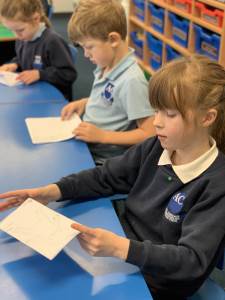
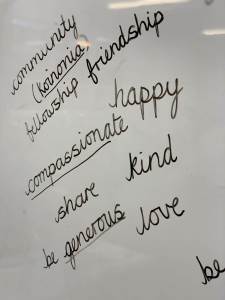
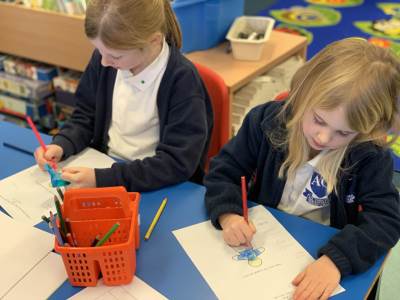
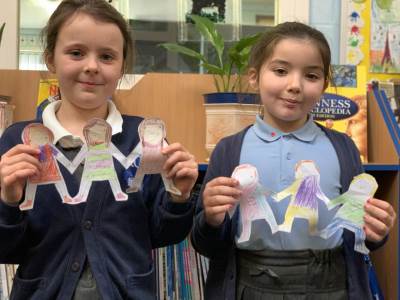
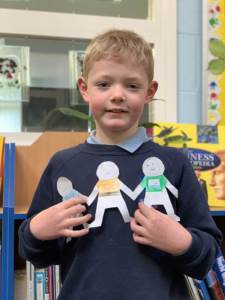
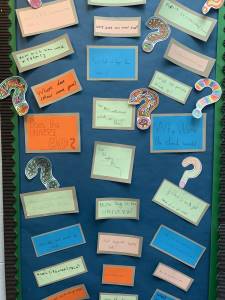
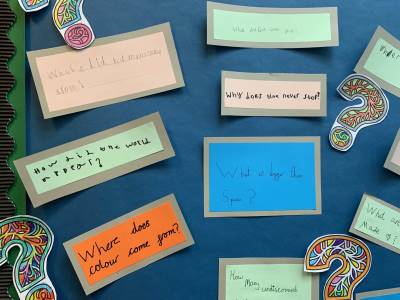
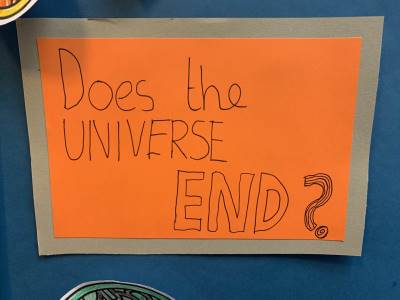
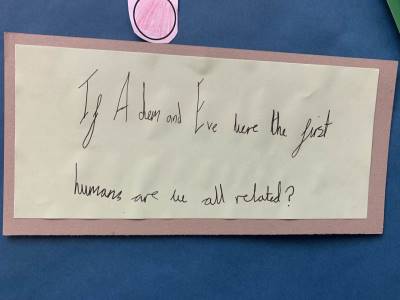
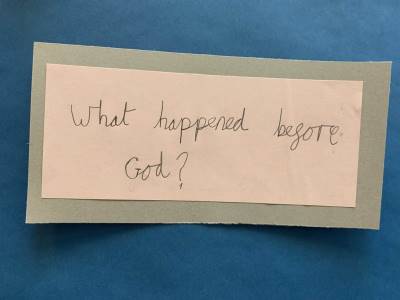
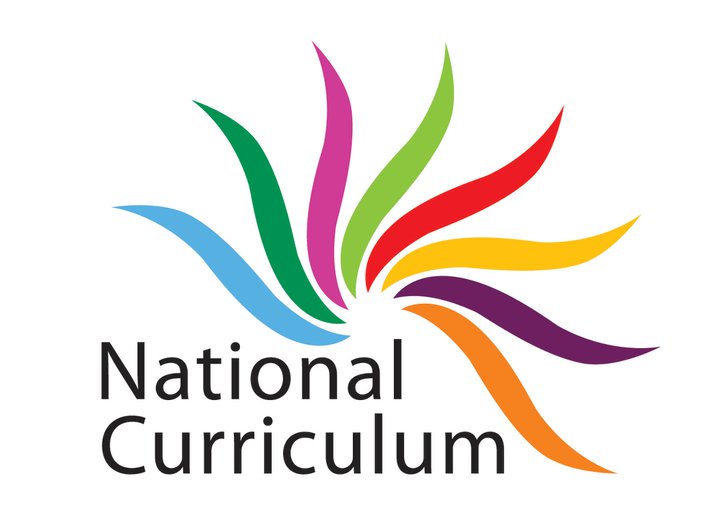
Close